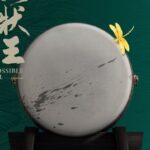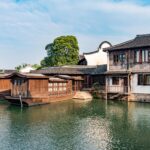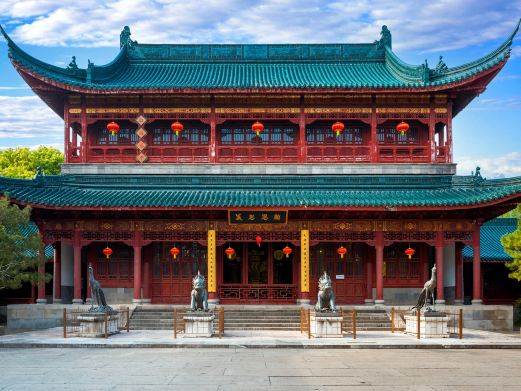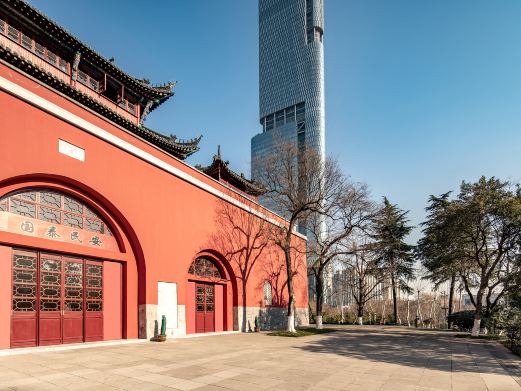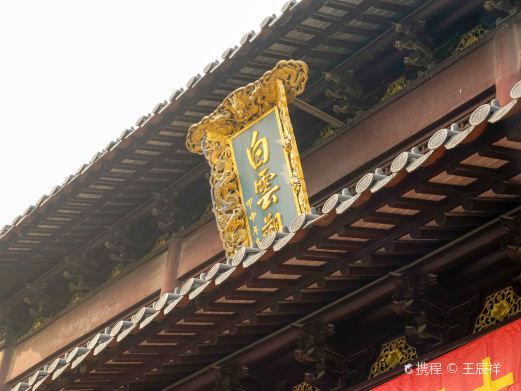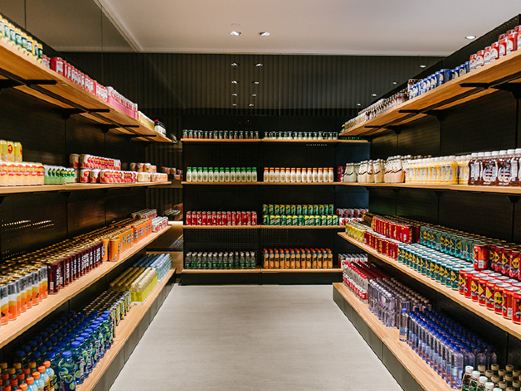This is the only land museum in China at present. The museum takes the traditional Chinese architectural environment and land culture as its context, emphasizing the basic concepts of Chinese land culture, the theory of harmonious coexistence between humans and the environment, and the ‘Tai Hexagram’ cultural theory. It features exhibition halls such as the Land Culture Knowledge Hall, Five Elements Experience Hall, Office Land Hall, and Home Land Hall, presenting architectural land culture from multiple perspectives through artifacts, scriptures, images, videos, sand tables, and multimedia. This further strengthens the popularization and promotion of scientific knowledge about traditional Chinese architectural land culture. The museum also includes a multimedia experience area where visitors can learn about the origins and development of spatial layout, as well as its application in offices and homes. The Feng Shui Museum regularly invites domestic and international environmental layout research experts to hold academic lectures, creating a cognitive platform for visitors to understand environmental layout knowledge. Opening hours are year-round from 08:30 to 17:00, and night cruises are available at 19:30, 20:30, 21:30 (March to November); 19:00, 20:00, 21:00 (December to February). Preferential policies apply to children/students: minors aged 6 (excluding) to 18 (inclusive), and full-time university undergraduate and below students enjoy discounted tickets. A must-see tip: The Five Elements refer to Metal, Wood, Water, Fire, and Earth. Ancient Chinese people believed that all things in the universe are composed of these five elements. The Five Elements theory includes two major principles: generation and overcoming. Generation refers to the positive relationships between things that catalyze, promote, assist, and generate; overcoming refers to the negative relationships between things that oppose, oppress, consume, and restrain. The Five Elements theory is a simple dialectical materialism and has played a certain role in promoting the development of ancient Chinese philosophy, medicine, astronomy, and geomancy.
Fengcheng River Feng Shui Museum
This is the only land museum in China at present. The museum takes the traditional Chinese architect[...]


